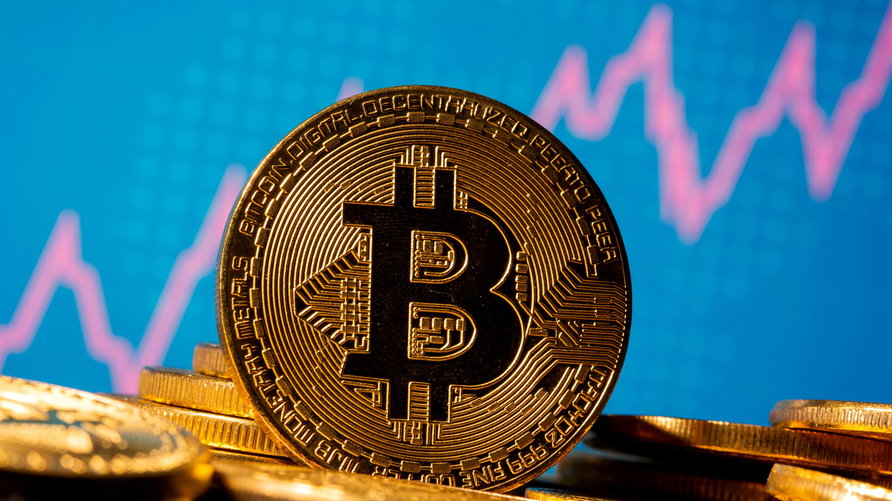
Barran Press - Al-Hurra
Russian companies have started using Bitcoin and other cryptocurrencies for international payments following legislative changes that allow such transactions in response to Western sanctions, according to Finance Minister Anton Siluanov. This move comes as Russia faces increasing difficulties in trading with its main partners, China and Turkey, where local banks are cautious in dealing with Moscow to avoid scrutiny from Western financial regulators.
In response to these challenges, Russia has been exploring non-traditional alternatives, with President Vladimir Putin describing cryptocurrencies as a "promising and dynamic" trend. This year, Russia legalized the use of cryptocurrencies in international trade and took steps to make cryptocurrency mining legal.
Western concerns are growing over Russia's potential to turn cryptocurrencies into a major loophole in the international sanctions regime. Cryptocurrencies have two key features that make them potential tools for evading sanctions: they operate outside traditional banking systems, with transactions conducted directly between encrypted digital wallets, and the mining system is vulnerable to cyber-attacks.
Experiences of Other Countries
Iran and North Korea have adopted different models for using cryptocurrencies to evade sanctions. Iran, under American sanctions for 40 years, has used cryptocurrencies for international trade, completing its first official import transaction worth $0 billion in August 2022. North Korea, on the other hand, has focused on cyber-attacks to steal cryptocurrencies.
Russia's Unique Situation
Russia's situation differs from Iran and North Korea, as its daily imports exceed $600 million, requiring a more liquid market than the current $2 trillion cryptocurrency market. However, Russia has advantages, being the third-largest Bitcoin miner globally and possessing abundant natural resources. Gazprom has partnered with Bitriver, the largest Bitcoin mining service provider, to supply mining centers with gas.
Even before the Ukraine war and the expansion of international sanctions, Moscow had taken steps to handle digital assets, shifting from opposition to adoption and integration into the country's economy.
Recent Developments
In February 2024, three Chinese banks stopped accepting payments from specific Russian entities. In May 2024, Iran confirmed cooperation with Russia in the digital currency sector. In July 2024, Putin described cryptocurrencies as a "promising and dynamic" trend, and two laws regulating digital assets and international payments were passed. Putin approved these laws in August 2024, and trials for encrypted payments began in September 2024.
Monitoring and Regulation Efforts
Western approaches to Russia's use of cryptocurrencies for evading sanctions differ. The European Union has adopted a unified strategy through the "MiCA" law, imposing strict regulations on cryptocurrency exchanges, while the U.S. has a fragmented approach with multiple regulatory bodies. President Biden's executive order in March 2022 established the first comprehensive federal framework for regulating cryptocurrencies, aiming to protect consumers and investors from financial risks and fraud and to maintain financial stability by monitoring systemic risks and enhancing cybersecurity.
The Office of Foreign Assets Control (OFAC) has intensified its focus on Russian activities related to cryptocurrencies, adding several companies and individuals to its blacklist for facilitating evasion of Russian sanctions. The Treasury Department is urging Congress to grant it additional powers to pursue individuals using cryptocurrencies to evade sanctions and is seeking to impose sanctions on Russian cryptocurrency exchanges and service providers.
Despite recent developments, the ban on using cryptocurrencies for domestic payments in Russia remains in place, but the country continues to rank high in the global index of cryptocurrency adoption. The ruble digital currency is expected to be launched for retail transactions in July 2025, according to the "Chainalysis" platform, which monitors cryptocurrency news and assets.





